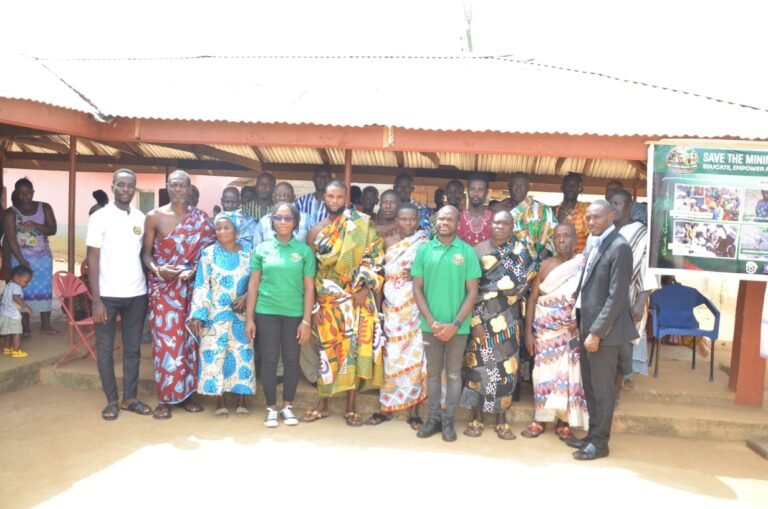
Dr. Antoinette Tsiboe-Darko, NPP Deputy General Secretary & Deputy Campaign Manager for Bawumia Campaign
By Bright Philip Donkor
A Deputy General Secretary of the governing New Patriotic Party and Deputy Campaign Manager for the Bawumia Campaign, Dr. Antoinette Tsiboe-Darko, has hailed the transformative impact of the Zipline Medical Drone Delivery System on Ghana’s healthcare sector. She described it as “one of the best solutions” to numerous challenges faced by the country’s healthcare delivery system.
Dr. Tsiboe-Darko made this statement during an interview on Metro TV’s Beyond The Rhetoric show, monitored by the Daily Statesman. She discussed the topic “The Driver Mate Analogy: Comparative Analysis of Dr. Mahamudu Bawumia and John Mahama.”
She explained that the Zipline’s drone delivery system had revolutionised healthcare by improving accessibility, reducing costs, ensuring hygienic and timely delivery of blood/medication, and extending reach to remote areas, thereby making a significant positive impact on the health sector in the country.
Benefits and Impacts
Dr. Tsiboe-Darko noted that the Zipline Medical Drone Delivery System, launched in April 2019, had been pivotal in effectively addressing longstanding challenges in Ghana’s health sector. She pointed out that the system had significantly improved healthcare accessibility in Ghana.
“For instance, blood is critical during surgeries, especially childbirth. Emergency situations during childbirth often require immediate access to blood supplies. Many people underestimate the importance of blood supply during childbirth, but research indicates that almost 60% to 70% of maternal deaths in Ghana are due to blood shortages. The Zipline’s drones ensure that blood is delivered promptly when needed, enhancing accessibility and potentially saving lives. It guarantees that blood is available when needed, rather than arriving too late,” she said.
Dr. Tsiboe-Darko, who is also the Executive Director of the Danquah Institute, stressed that the initiative had brought about cost efficiency in healthcare system. She explained that traditional methods of transporting blood, such as by road or air travel, involve significant costs and risks, but the Zipline Medical Drone Delivery System addresses these issues effectively.
“For example, delivering blood from Accra to Kumasi via flight not only presents challenges in maintaining the blood’s safety and hygiene but also incurs high costs. The Zipline’s drone delivery system offers a more cost-effective and efficient solution by eliminating these hurdles and reducing transportation costs,” she said.
She further mentioned that the system had resulted in timely delivery of blood and medication. She argued that the drone system’s timely delivery and cost-effectiveness make it a superior option. “By eliminating many of the logistical hurdles and reducing costs, drones provide a more efficient solution for transporting blood, ensuring that medical supplies reach their destination quickly and avoiding delays that could jeopardize patient outcomes,” she stated.
She noted that the efficiency of drone delivery surpasses conventional methods, which often involve cumbersome logistics and extended delivery times. She emphasised that the system had enhanced healthcare accessibility beyond urban and major hospital areas. “Today, the NPP has improved healthcare accessibility beyond urban and major hospital areas. The feasibility and impact of using drones to deliver medications to remote areas further underscore the system’s significance,” she added.




